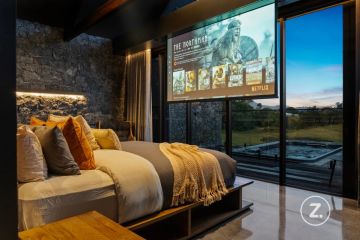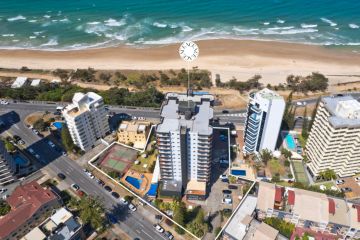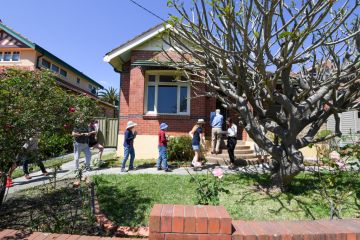How renting today differs from 20 years ago

If you’re old enough to cast your mind back to 2003, you might remember a world without smartphones, Wi-Fi and social media (MySpace would be launched later that year; Facebook the following year). The radio was playing 50 Cent’s In Da Club, Beyonce’s Crazy in Love and Seven Nation Army by The White Stripes.
The world was pretty different when it came to renting a home, too. Steve Fitzsimon, director of business growth at inner-city Melbourne real estate agency MRE, has been in the industry for 25 years and recalls a time when renters would have to look up listings in the newspaper, pick up various keys from an agent and drive around inspecting properties on a Saturday.
Compared with the renters of 20 years ago, prospective tenants today have different priorities and some higher expectations.
Transparency and convenience
Fitzsimon says that looking for a rental is a vastly different experience today to when he started his career, and that renters expect more efficiency, transparency and convenience.
“They go online, they’re watching videos of the properties before they’re choosing whether or not they book an inspection, [and they book it for a] time that suits them. So it’s like the ultimate level of convenience and that’s a huge benefit to the tenants that are in the marketplace now as compared to the past.”
He says renters also have a better idea of what they’re going to see before they see it.
“Now, not only do they see the exterior but they see all the interior and a walk-through video … that is so much better.”
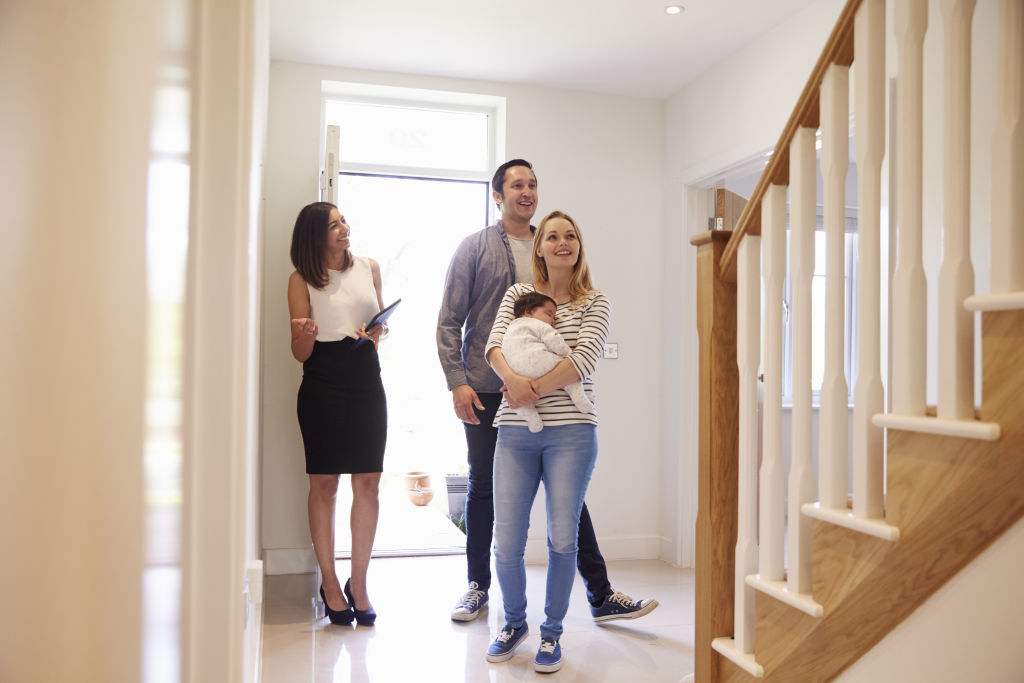
High-speed internet access
In 2003, anyone wanting to “surf the net” at home would have to patiently wait for their dial-up modem to connect to the internet.
Nowadays, Fitzsimon says, the leasing agents in his office have nbnco.com.au bookmarked so they can quickly search for a rental address and ensure it has high-speed internet for clients.
“It’s definitely a driver now,” Fitzsimon says. “High-speed internet is something that people are looking for. More people are working from home now more than ever, and a lot of people don’t watch television anymore – they just watch Netflix and Stan and all of that streaming – so if they don’t have high-speed internet then the whole system breaks down.”
Andrew Baietta, head of telco products at Dodo (you can also use Dodo’s website to check if properties are connected to the NBN), says that high-speed and reliable internet access is essential for modern rental customers.
“It’s more important than ever to make sure the connection supports the simultaneous streaming that the customer wants to do,” he says. “Streaming will still work on slower speeds, but the quality will be impacted. If you love TV and movies, or gaming, and you want no buffering and fast response times, speed is important.
“Working from home has made reliability more important than ever, too. There’s nothing worse than buffering internet when you’re trying to join a Zoom meeting with your boss.”

Another change, internet-wise, is that renters are more empowered to find a new provider if they’re not happy.
“Even five years ago, it was time-consuming and difficult to move from one provider to another, but the nbn and the surge in BYO modem offers have changed that, and customers can usually switch in a matter of minutes,” Baietta says.
He adds that plans today are generally month-to-month, meaning customers don’t get stung with huge cancellation fees if they do choose to switch providers.
“The internet market has dramatically shifted to one that is all about making sure the customer gets the best deal on the right product for them, even as their circumstances and requirements change.”
Energy efficiency
Twenty years ago, terms like “sustainability” and “energy efficiency” weren’t yet mainstream. Today, search engines return a plethora of articles on how to make rental homes more energy efficient.
Fitzsimon has noticed that prospective tenants are more interested in the energy efficiency of properties than they were a couple of decades ago. And while he says this is not yet the number one priority for renters, the tide is turning.
“They’re not so interested that it’s going to be a decision-making factor – yet,” he says. “It’s a bonus if it’s got solar panels on the roof … or if it’s got an energy-efficient hot water system.”
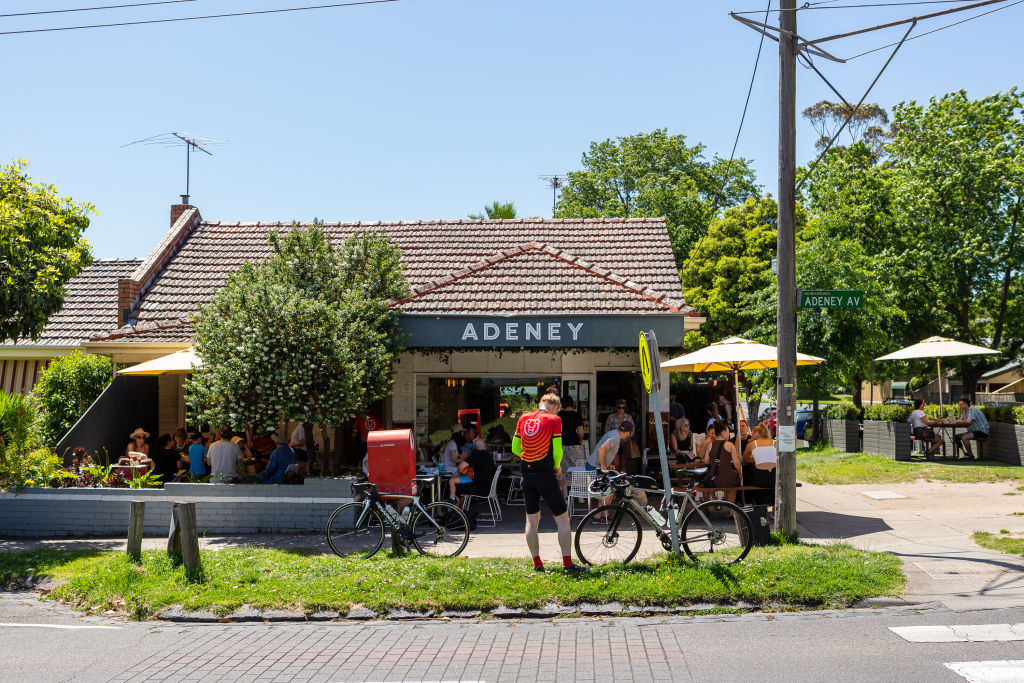
Instagram appeal
Younger renters in particular have become more focused on the aesthetic appeal of their homes.
“People are super concerned about the way that their property presents and how they can make it their own,” Fitzsimon says. “There are the really house-proud renters who are highly engaged with the way that things look and feel.”
Fitzsimon attributes this to the internet, both because people want to share images of their home on social media, and because we’re now able to view images of other people’s homes more easily via real estate and design websites.
He adds that renters now expect amenities such as gyms and pools in their apartment buildings.
Proximity to dining options
Our collective love of good restaurants, cafes and take-out joints has intensified over the years, and Fitzsimon says this manifests in renters caring less about entertaining at home and more about being in close proximity to culinary hotspots.
“In the past, students wouldn’t be going out for dinner, they’d be cooking dinner at home,” he says
“Nowadays, a lot of people are basing themselves in small apartments as opposed to the bigger share houses … I think their priorities are minimising transport costs and maximising the efficiency [of being] where they want to be.”
We recommend
We thought you might like
States
Capital Cities
Capital Cities - Rentals
Popular Areas
Allhomes
More


